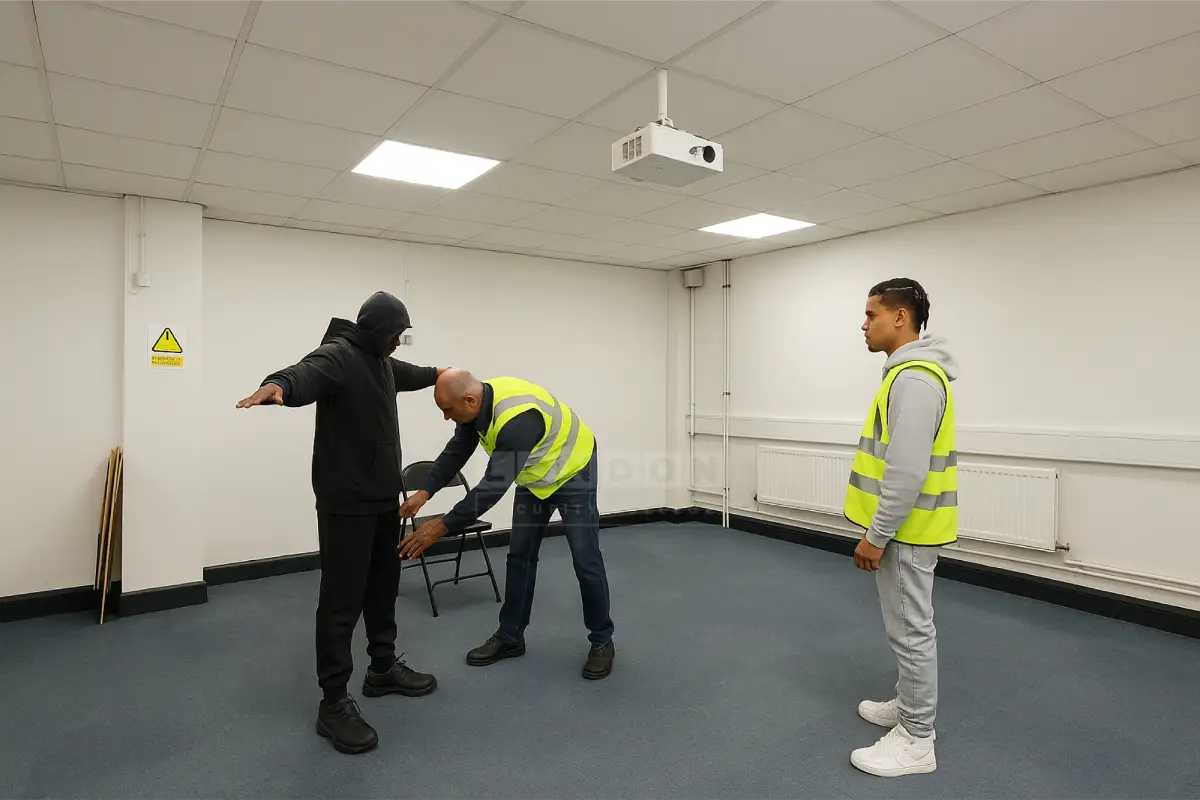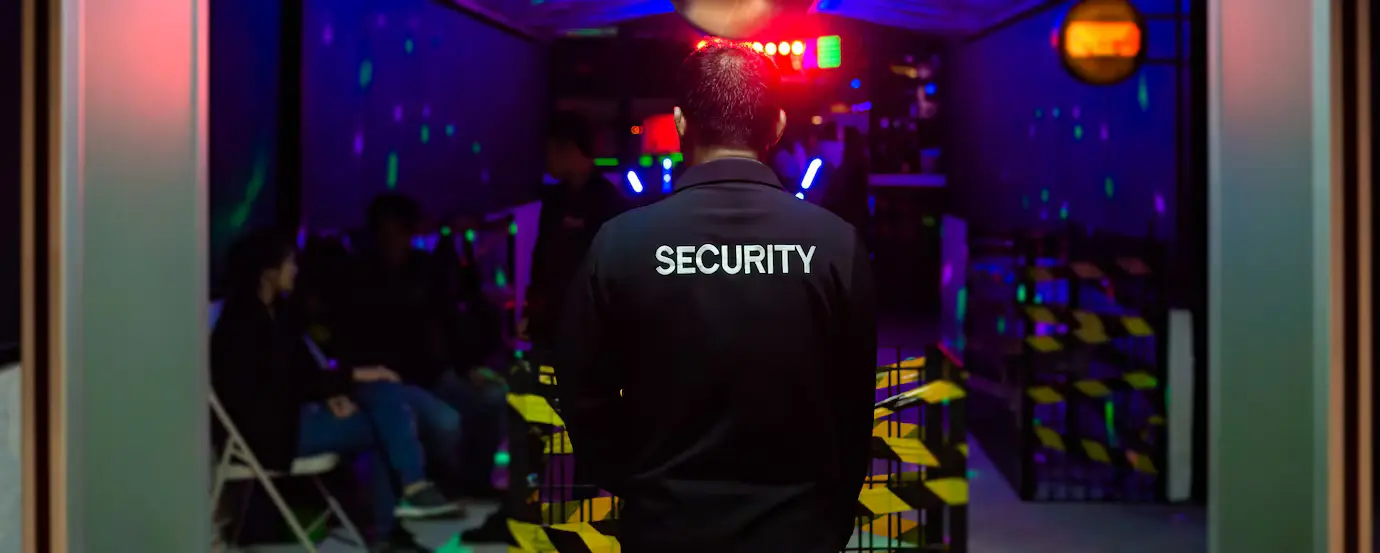
Can a Door Supervisor Search Me?
By London Security College Is Your Licence Near to Expire? SIA Refresher Training + First
SIA Refresher Training + First Aid– Keep Your Licence Active! Only £199
A Practical Guide for Door Supervisors on How to Conduct Searches Properly
If you’re a door supervisor, understanding when and how to carry out a legal and respectful search is essential. Whether you’re working at a nightclub, event, or bar, your approach to searches must be professional, lawful, and in line with venue policy.
This guide breaks down the types of searches, when you have the right to search, and how to do it safely and correctly.
One of the most commonly asked questions is:
“Can a door supervisor search me?”
The answer is Only with your permission.
As a Door Supervisor, you must always obtain consent before conducting a search. However, that consent is usually implied as part of the venue’s:
Door supervisors may search for the following circumstances:
Note: Even in these situations, searches must always be respectful, lawful, and professional.
Door supervisors may use:
When conducting searches, you must be alert for:
Precautions include:
If a prohibited item is found:
If someone refuses:
Recording a search protects:
Documentation should include time, date, reason, and outcome.
You may also be tasked with searching the venue before or after operating hours. This can involve:
When searching children or transgender individuals:
Adhere to Equality and Human Rights Commission guidance
https://www.equalityhumanrights.com/sites/default/files/servicescode_0.pdf
Being a door supervisor is about more than access control— safety, respect, and professionalism.
Understanding when and how you can search ensures compliance, protects individuals, and helps you operate confidently in your role.

By London Security College Is Your Licence Near to Expire? SIA Refresher Training + First

By London Security College Is Your Licence Near to Expire? SIA Refresher Training + First

By London Security College Is Your Licence Near to Expire? SIA Refresher Training + First

By London Security College Is Your Licence Near to Expire? SIA Refresher Training + First
London| Birmingham| Manchester | Leeds | Glasgow | Sheffield
London Security College is the leading supplier of SIA Licence courses in London. We excel in SIA Courses such as SIA Door Supervisor Course, SIA Top Up Training, SIA CCTV Surveillance Course, First Aid Courses, Traffic Marshal Banksman Course Online, and Forklift Training Course.
“It is impossible for a man to learn what he thinks he already knows”
London Security College
International House,
24 Holborn Viaduct,
London, EC1A 2BN
020 8050 4108
Copyright © LONDON SECURITY COLLEGE is a training and hiring platform

Fill in the form below